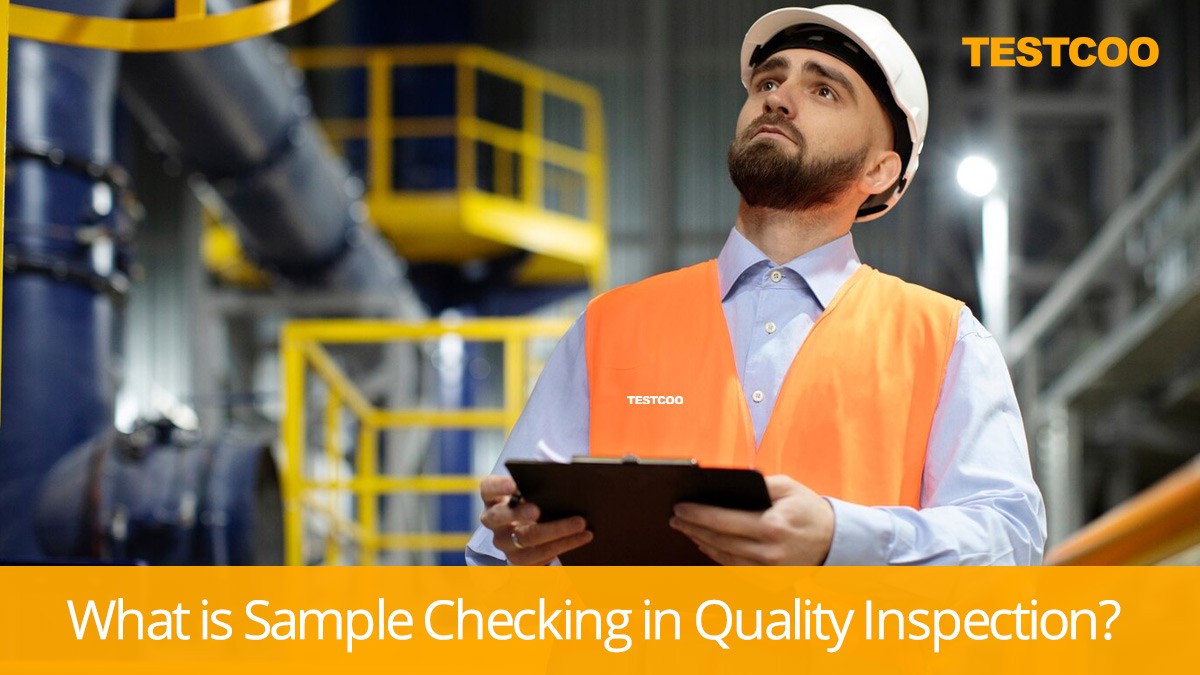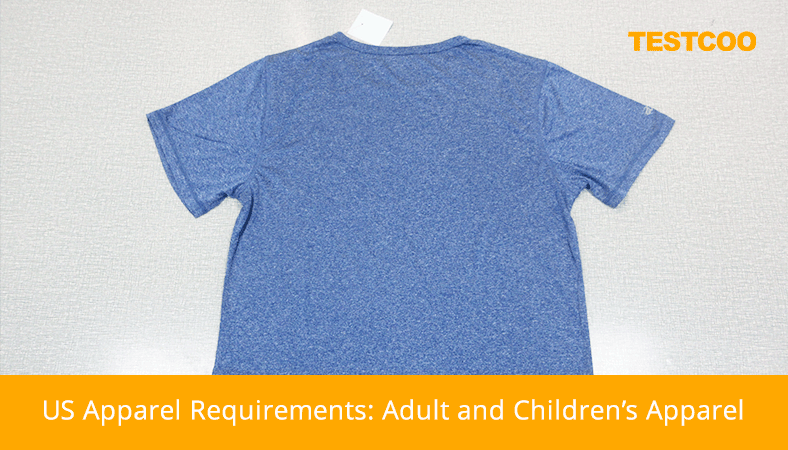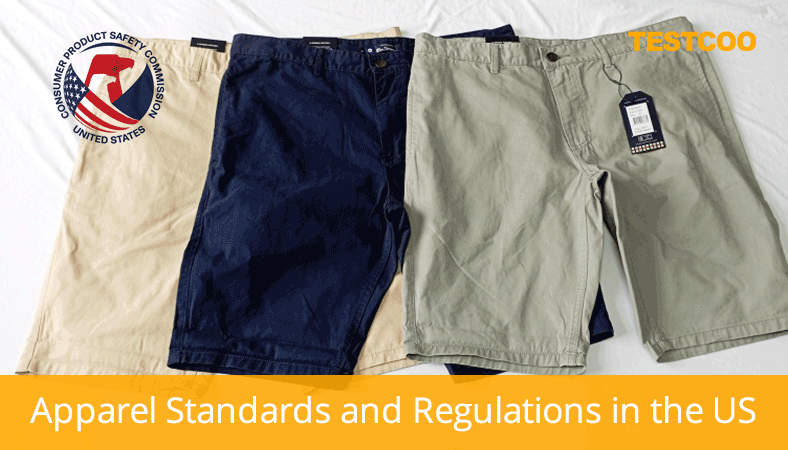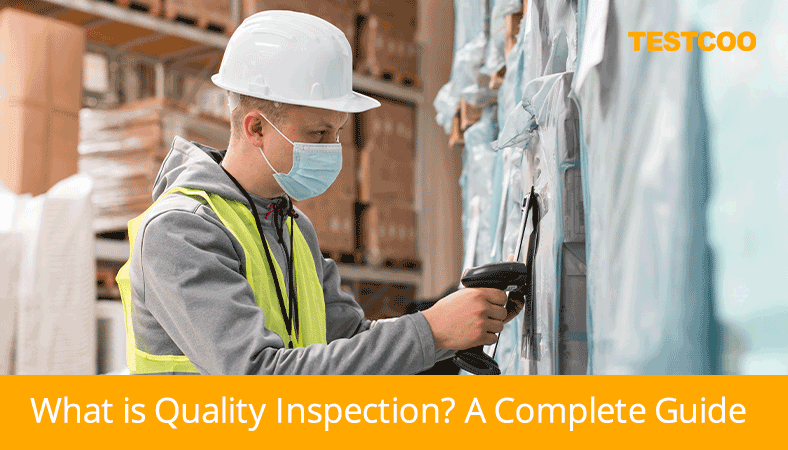Global Toys Market Access and Toys Certification
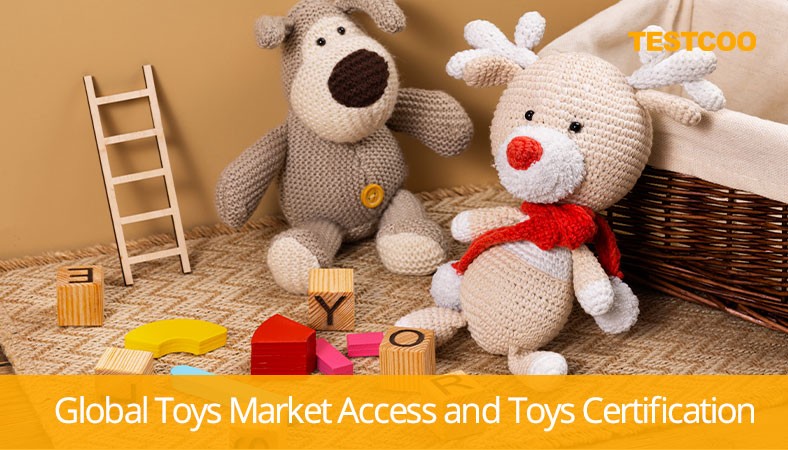
According to IMARC Group, the global toys market size reached US$ 183.0 Billion in 2023. Consumers all over the world need to be confident that the toys they buy for children are of high quality and are safe, whether from harmful chemicals, or design faults that could cause injury.
Toy certification is to harmonizes and establishes the crucial safety standard of toys, including special safety requirements in regard to their mechanical and physical properties, flammability, chemical, endurance and performance. These products must meet all the requirements established by law before being introduced to the market, sold or used.
When selling toys in markets around the world, it is important to know the certifications required for your toys to enter each market. In this article, we will take a look at some major markets: the European Union, the United Kingdom, the United States Brazil, China, Indonesia, and Japan.
European Union – CE Marking
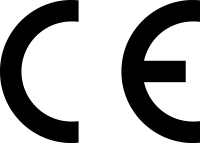
The Directive 2009/48/EC lays down the safety criteria that toys must meet before they can be marketed in the EU. Toys must also comply with any other EU legislation applicable to them. The essential safety requirements cover:
-General risks: the health and safety of children, as well as other people such as parents or caregivers;
-Particular risks: physical and mechanical, flammability, chemical, electrical, hygiene and radioactivity risks.
There are 2 possible conformity assessments allowing toys to be sold in the EU. The manufacturer has to demonstrate the compliance of a toy by self-verification by using the European harmonised standards and third party verification through a notified body.
All toys sold in the EU must carry a CE marking. This is the manufacturer's declaration that the toy satisfies the essential safety requirements.
According to the European Toy Safety Directive 2009/48/EC, toys are those designed or intended, whether or not exclusively, for use in play by children under the age of 14. CE Marking is a mandatory requirement to be placed on the market for toys and/or put into use within the European Union.
The CE mark demonstrates that the toy complies with all relevant European safety requirements for health and safety. One of the possible Conformity assessment procedures is EC-type examination and issuing EC-type certificates through a Notify Body.
Another mandatory requirement is that toy manufacturers must conduct a toy safety assessment and document it within the Toy Technical Documentation. The safety assessment must be kept by the manufacturer in the technical documentation for ten years after the toy has been placed on the market.
United Kingdom – UK Conformity Assessed (UKCA)
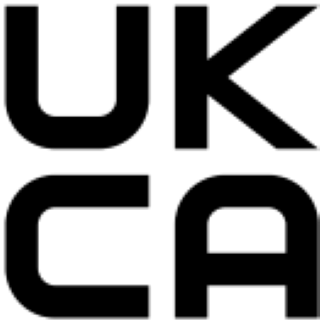
Since January 2021, the UK is no longer a part of the EU and as a consequence, the UK introduced a UK-specific conformity mark (the UKCA mark) for toys placed on the GB market (England, Scotland, and Wales). Nowadays, Toys (Safety) Regulations 2011 and Designated Standards define the toys mandatory requirements in the UK.
For toy manufacturers, the UKCA Marking is a certification that a toy meets the safety standards set out in the UK’s Toy Safety Regulations. UKCA marking must be used for all toys for the GB market that previously required the CE mark and those which require a mandatory third-party conformity assessment under the Toy (Safety) Regulations 2011 Great Britain.
The conformity assessment processes and standards are largely the same as they were for the CE Marking. However, the conformity assessment is now required to be carried out by a UK conformity assessment body (UK Approved Body).
The UK Government has extended the transitional period so businesses can use the UKCA mark and or CE mark on the GB market until 31 December 2024. UK manufacturers and imports are, however, encouraged to adopt the use of the UKCA mark as soon as is practicable. It is important to remind that the UKCA marking is not recognized in the EU market.
Toys placed on the market in Northern Ireland remain subject to the EU system of conformity and thus should carry the CE mark.
United States - FCC Marking
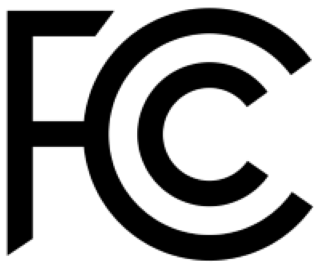
FCC (Federal Communications Commission) Marking is a voluntary mark employed on electronic products manufactured or sold in the United States. The FCC marking certifies that the toy complies with the FCC’s regulations on radio frequency emissions and electromagnetic interference.
All children’s toys manufactured or imported to United States must be tested and certified to: ASTM F963-Standard Consumer Safety Specification for Toy Safety.
Brazil – Inmetro Toy Certification
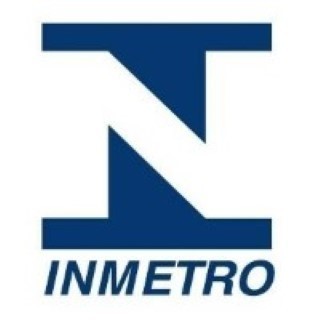
All toys must be certified against the Inmetro Toy Ordinance 302, based on one of the following certification models:
Model 1b – batch testing: this model involves the certification of a batch of products. The number of units to be tested can be a portion of the batch, collected randomly. The Certificate of Conformity is restricted to the certified batch
Model 5 – manufacturer’s assessment: the initial assessment consists of testing samples taken from the manufacturer and audits of the quality management system (QMS). This is followed by a periodic maintenance assessment, which includes the collection of product samples from the factory and/or retail outlets. Maintenance assessments are intended to verify whether items produced after the certificate of conformity was issued remain in conformity. They also include periodic assessment of the production process, or QMS, or both.
China – CCC Toy Certification
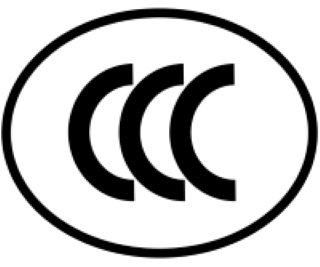
Toys requiring CCC certification fall into four categories:
Electric toys – at least one function of the toy relies on electric power, for example, battery operated toys, video toys, toys with sound and light, toys containing a heat source and experimental toys
Plastic toys – non-electric toys the main part of which is made of plastic. This includes toys with or without a drive mechanism, dolls, projectile toys and playmats, but excludes inflatable toys, mouth actuated toys, teethers and aquatic toys
Metal toys – non-electric toys the main part of which is made of metal. This includes toys with or without a drive mechanism and projectile toys
Ride-on toys – toy bicycles, electrically driven ride-on toys (DC) and other toys intended to bear the mass of and be propelled by a child, such as free-wheeling ride-on toys, balance bikes and wiggle cars
Toys in these categories must also comply with relevant national standards and technical specifications.
Other toys do not require CCC certification but can be randomly inspected by SAMR to verify their compliance to national standards and technical specifications.
Read more: Soft Toys Quality Control Inspection Service
Gulf Cooperation Council (GCC) – Toy G-Mark Certification
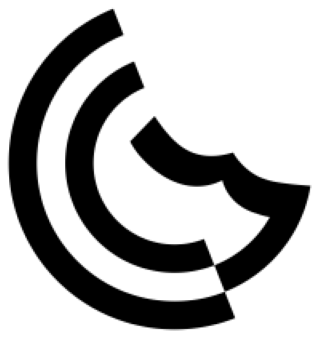
The Gulf Conformity Mark (G-Mark) is a mandatory requirement for low voltage electrical equipment (LVE) and children’s toys that are being imported or sold in the Gulf Cooperation Council (GCC) member states consisting of:
United Arab Emirates
Kingdom of Bahrain
Kingdom of Saudi Arabia
Sultanate of Oman
State of Qatar
State of Kuwait
The G-Mark regulations are also recognized in the Republic of Yemen, despite it not being a GCC member state.
The G-Mark demonstrates that a product conforms to the Technical Regulation and applicable standards of the region and is therefore safe for consumers to use. All products governed by a Gulf Technical Regulation are required to display a GSO Conformity Tracking Symbol (GCTS) which consists of the G-Mark and a QR Code.
The GCC certification process:
- 1. The domestic manufacturer or importer applies to a Notified Body ;
- 2. Toys are tested to the GCC Technical Regulation on Children’s Toys (BD-13170-01) by an approved laboratory and certified by a Notified Body
- 3. On successful completion of the toy assessment, the domestic manufacturer or importer will receive a certificate and place the G-Mark on the product and/or its packaging
Indonesia – Toy SNI Certification
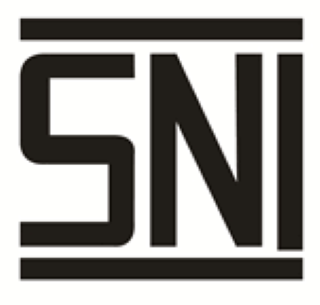
Toys entering the Indonesian market are required to comply with Regulation of the Ministry of Industry No. 29 Tahun 2018, amending No. 55/M-IND/PER/11/2013 amending No. 24/M-IND/PER/4/2013, for which we are a Product Certification Body (LSPro) and accredited toy laboratory.
The SNI certification process:
- 1. The domestic manufacturer or importer applies to a LSPro
- 2. Toys must be sampled and tested to the Indonesian National Toy Standards by a laboratory located in Indonesia that is ISO/IEC 17025 accredited and must be registered with the Ministry of Industry of Indonesia
- 3. On successful completion of the toy assessment, the domestic manufacturer or importer will receive a certificate and must place the SNI mark on the product and/or its packaging
- 4. Only compliant toys displaying the Indonesian National Standard Certification Mark (SNI Mark) can enter the market.
Japan – Toy ST Certification
Toys entering the Japanese market are required to comply with the Japan Food Sanitation Law (JFSL) and/or the Japan Toy Safety Standard (ST Standard). JFSL is a legislative mandatory requirement for toys intended for children up to the age of 6, whereas the ST standard is a popular voluntary standard established by the Japan Toy Association (JTA) for toys intended for children up to the age of 14. For the ST standard, only toys that have achieved compliance may display the ST Mark.
The ST Standard certification process:
- 1. The retailer or importer applies to an approved laboratory;
- 2. Toys must be tested to the ST standard’s Parts 1-3 (respectively, mechanical/physical properties, flammability and chemical properties) by a JTA approved laboratory;
- 3. On successful completion of the toy assessment, the retailer or importer is required to apply for the ST Mark and place this on the product and/or its packaging.
Conclusion
Toy products are highly regulated throughout the world and toy safety standards are being constantly updated. By fixing the toy certification Mark on these products, the manufacturer or importer guarantees that they meet the requirements established by law in the market for safety, health and the environment.
Optimize your potential, reach new markets and streamline every step of the toy life cycle while also reducing the risk of non-compliances, recalls and delays with TESTCOO toys certification solution for compliance with toy safety requirements.
Free Sample Report Performance Quality Control
Download a sample report to keep control of your supply chain!
Featured Articles
 Quality Control, Inspection Services in China
Quality Control, Inspection Services in China How Should Traditional Inspection Industry Transit In Industrial 4.0 Era
How Should Traditional Inspection Industry Transit In Industrial 4.0 Era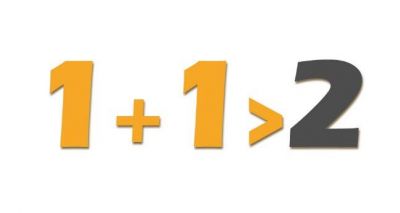 How Do We Make 1+1 More Than 2. Testcoo Knows
How Do We Make 1+1 More Than 2. Testcoo Knows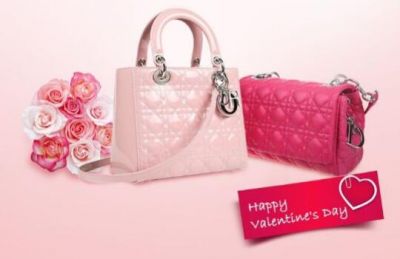 Valentine’s Inspection Knowledge
Valentine’s Inspection Knowledge Starting Your Importing Business From China (Part 1)
Starting Your Importing Business From China (Part 1) Time To Worry About Your Partner Factory
Time To Worry About Your Partner Factory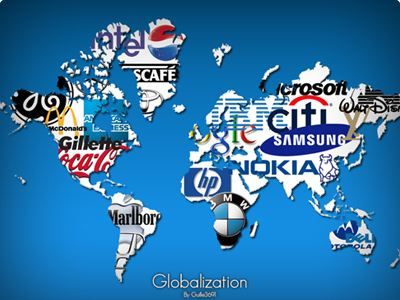 Xiaomi In No Hurry For International Expansion
Xiaomi In No Hurry For International Expansion Critical Rise Imported Car Sales In South Korea
Critical Rise Imported Car Sales In South Korea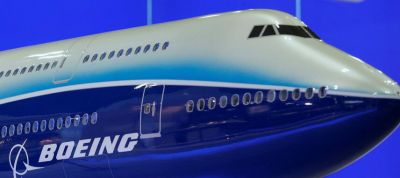 Boeing is building its first overseas factory in China
Boeing is building its first overseas factory in China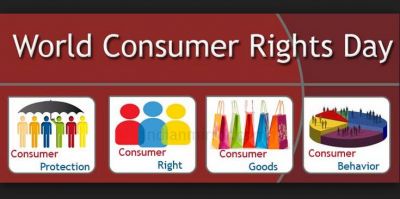 “315 Evening Gala”——Savior of China’s Quality Issues
“315 Evening Gala”——Savior of China’s Quality Issues
